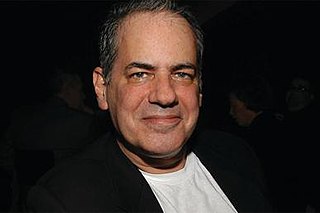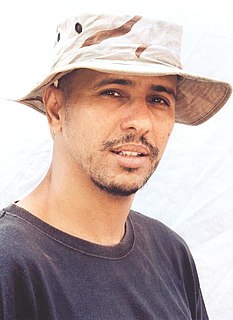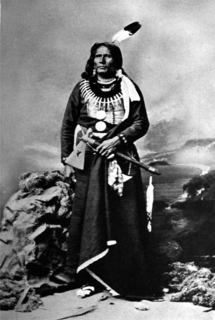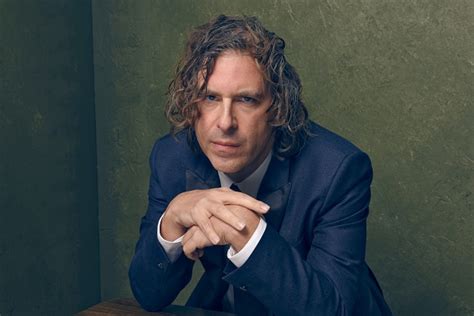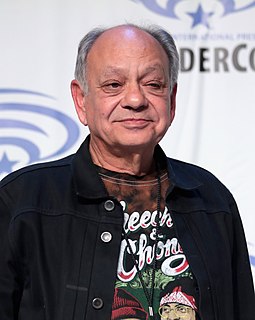A Quote by Adina Porter
I am first-generation American, so I didn't grow up in the South or have any relatives who were slaves. My forefathers were colonized.
Related Quotes
Slavery wasn't something that grew up in the American South. and black people were not the first to be slaves in America. Before them there were 'indentured laborers,' taken out of jails in England and Scotland and so forth and brought to the colonies to work out their terms in the fields and then be set free.
Today's children are living a childhood of firsts. They are the first daycare generation; the first truly multicultural generation; the first generation to grow up in the electronic bubble, the environment defined by computers and new forms of television; the first post-sexual revolution generation; the first generation for which nature is more abstraction than reality; the first generation to grow up in new kinds of dispersed, deconcentrated cities, not quite urban, rural, or suburban.
We were the children of white flight, the first generation to grow up in postwar American suburbs. By the time the ’60s rolled around, many of us, the gay ones especially, were eager to make a U-turn and fly back the other way. Whether or not the city was obsolete, we couldn’t imagine our personal futures in any other form. The street and the skyline signified to us what the lawn and the highway signified to our parents: a place to breathe free.
I'm first generation American, and my parents were both from Nigeria. And so I always say that I'm literally an African American. So my last name is Famuyiwa, it's different. And so that was a part of my experience from people not being able to pronounce it to not sort of having sort of a shared, common history with a lot of the kids that I was growing up with because my parents were from Africa.
It's always intrigued me that amidst the group called slaves there were individuals who were extremely able, who were extremely colorful, who were powerful personalities, who by no means fit the usual images of slaves. They were people who, through their personalities and abilities, were very respected in the community where they lived by both black and white.





